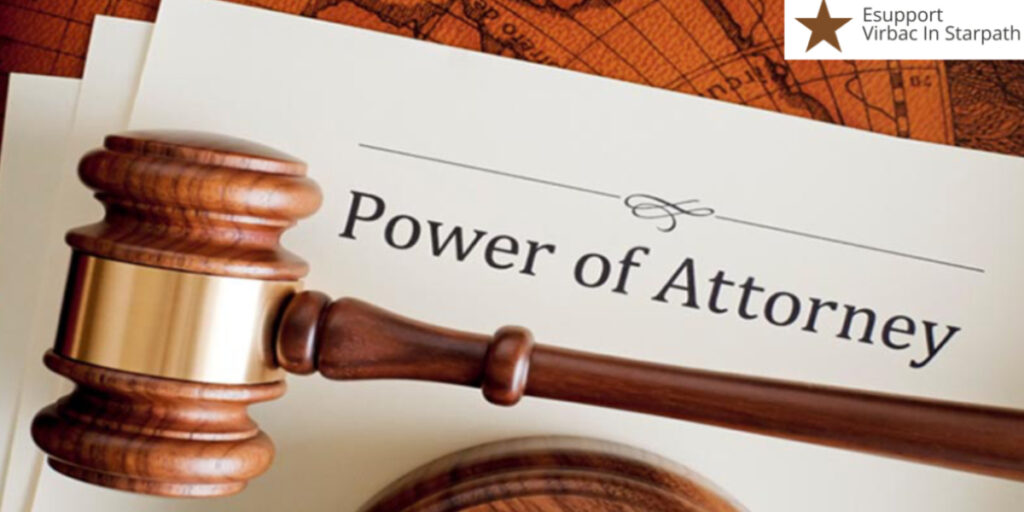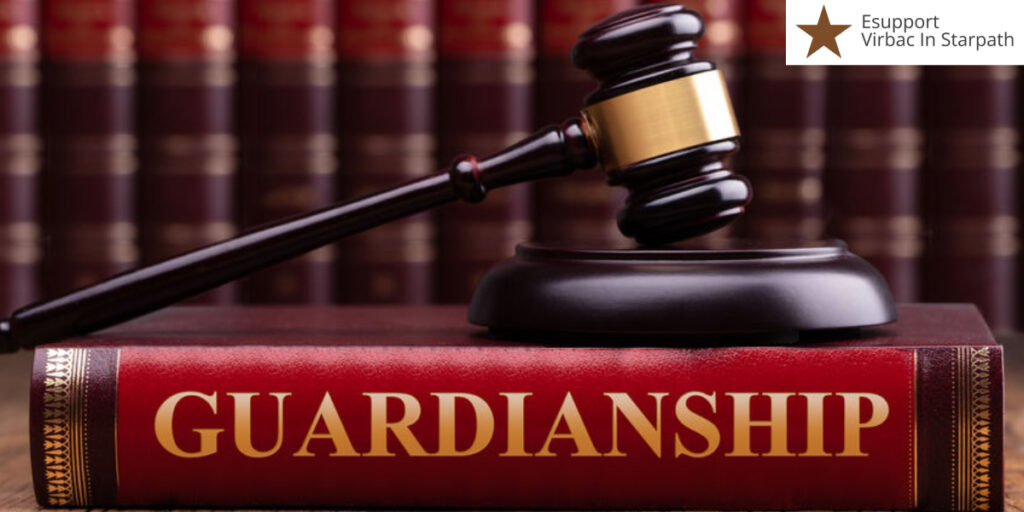Imagine your elderly mother is diagnosed with dementia, and you suddenly need to manage her finances and medical care. Or perhaps you’re a parent worried about who will care for your child if tragedy strikes. These scenarios highlight why understanding Power of Attorney (POA) and Legal Guardianship is critical. Both tools grant decision-making authority to someone else, but they work in vastly different ways. So, we need to understand deeply the facts about Power of Attorney vs Legal Guardianship and which Is right for our family.
In this guide, we’ll break down the differences between POA and guardianship, when to use each, and how to protect your loved ones’ autonomy while ensuring their safety. Short answer: A Power of Attorney is a proactive, flexible agreement, while Legal Guardianship requires court intervention and is often used when no prior planning exists.
Defining the Terms: POA and Guardianship
Let’s start with clarity.
Power of Attorney (POA): Autonomy Preserved

A POA is a voluntary, proactive document where you (the principal) appoint an agent to manage your affairs. It’s like giving someone a key to your life but only the locks you choose.
Also Read: Possession is 9/10 of the Law: What It Really Means
Types of POA
- Durable POA: Remains valid if you become incapacitated (critical for aging adults).
- Medical POA: Focuses on healthcare decisions (also called a healthcare proxy).
- Financial POA: Grants authority over banking, property, and taxes.
- Limited POA: Restricts the agent to specific tasks (e.g., selling a house).
Legal Guardianship: Court-Ordered Control

Guardianship is a reactive, judicial process where a court strips an individual’s autonomy and grants decision-making power to a guardian. It’s often seen as a “last resort” when no POA exists.
Types of Guardianship
- Guardianship of the Person: Covers healthcare and living arrangements.
- Guardianship of the Estate: Manages finances and assets.
- Temporary Guardianship: Used in emergencies (e.g., sudden incapacity).
| Factor | Power of Attorney | Legal Guardianship |
| Autonomy | Retained by the principal. | Lost by the ward. |
| Court Involvement | None required. | Mandatory probate court process. |
| Flexibility | Revocable/adjustable. | Requires court approval to modify. |
| Cost | $200–$500 (legal drafting). | $2,000–$10,000+ (legal fees + court costs). |
| Timeline | Immediate or future activation. | Weeks to months for approval. |
Also Read: Colorado Tint Laws: A Complete Guide to Legal Window Tinting in 2025
When to Use Each: Proactive Planning vs. Crisis Management
Power of Attorney: The Smart Choice for Preparedness
- Aging Parents: A 70-year-old signs a durable POA to ensure their child can manage bills if dementia develops.
- Special Needs Planning: Parents of a disabled child appoint a sibling as agent via a medical POA.
- Military Deployment: A service member designates a spouse to handle finances during active duty.
Legal Guardianship: When There’s No Other Option
- Unexpected Incapacity: A stroke leaves a loved one unable to communicate, and no POA exists.
- Minor Inheritances: A 12-year-old inherits $500,000; a guardian must manage the funds until adulthood.
- Severe Cognitive Decline: Alzheimer’s patients who never planned legally may require guardianship.
The Legal Processes: From Paperwork to Courtrooms
How to Establish a POA
- Consult an Attorney: Ensure compliance with state laws (e.g., notarization, witness requirements).
- Define Scope: Specify powers (e.g., “manage retirement accounts” vs. “all financial decisions”).
- Sign and Store: Keep originals in a fireproof safe; share copies with banks/doctors.
The Guardianship Process: A Step-by-Step Breakdown
- File a Petition: Submit to probate court ($100–$400 filing fee).
- Medical Evaluation: A doctor must confirm incapacity (cost: $300–$1,000).
- Court Hearing: Judge reviews evidence and appoints a guardian (may require a bondsman).
- Ongoing Reporting: Guardians submit annual financial/medical updates to the court.
State Variations
- Florida: Requires a “Statement of Decision-Making Capacity” for guardianship.
- New York: Mandates a court evaluator to represent the ward’s interests.
Responsibilities and Limitations: Fiduciary Duty Explained
POA Agents: Walking the Ethical Line
- Duties: Act in the principal’s best interest, avoid conflicts of interest, and maintain records.
- Limitations: Can’t change the principal’s will or make decisions after death.
Guardians’ Obligations
- Duties: Manage the ward’s assets prudently, advocate for their healthcare, and file court reports.
- Limitations: Can’t isolate the ward or make end-of-life decisions without court approval.
Example: A guardian mismanaging a ward’s savings could face lawsuits or criminal charges a risk that underscores the need for oversight.
Also Read: Understanding the Symmetry Financial Group Lawsuit
Ethical Considerations and Alternatives
Autonomy vs Protection
Critics argue guardianship strips rights, while POA risks abuse by agents. Alternatives like supported decision-making (for mild disabilities) or advance directives (for healthcare) offer middle grounds.
State-Specific Laws
For example, Texas allows temporary guardianship for emergencies, while California requires annual guardian training.
FAQs
Can I have both a POA and a guardian?
Yes, but the guardian’s authority typically overrides the POA.
How do I revoke a POA?
Draft a revocation letter, notify all institutions, and destroy old copies.
Also Read: What Is Alternative Dispute Resolution? Exploring ADR and Its Growing Importance
What if someone contests a guardianship?
The court may appoint a lawyer for the ward and hold a hearing.
Does a POA expire?
Yes, unless it’s durable or specifies “until death.”
Can a guardian be removed?
Yes, for neglect, abuse, or financial mismanagement.
What’s the difference between guardianship and conservatorship?
Conservatorship focuses on finances; guardianship covers personal care.
Can I create a POA without a lawyer?
Yes, but DIY forms often lack critical protections.
Conclusion
Choosing between Power of Attorney vs Legal Guardianship hinges on your family’s needs, urgency, and desire for court oversight. While a POA offers flexibility and preserves dignity, guardianship provides structured protection for the most vulnerable.
Also Read: White Oak Global Advisors Lawsuit- Know Everything About It
Take action today: Consult an reputed attorney to draft a Durable POA or start guardianship paperwork if crisis strikes. Your loved ones’ future may depend on it.

